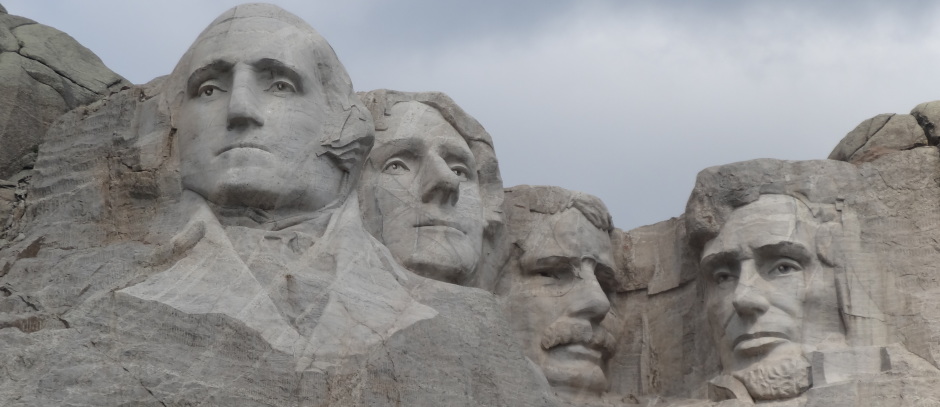While the Trayvon Martin case has pulled up a bunch of racist rants there is one black person standing tall above all the race baitors. C.L. Bryant was a former NAACP chapter president in Garland, TX. and, he has a new film coming out called the “Runaway Slave.”
According to Bryant,
“Runaway Slave exposes the economic slavery of the black community to the Progressive, big government policies of the U.S. government. The film’s heroes are black conservatives who are speaking out so that all Americans can truly be “free at last.” The film’s central figure is Rev. C.L. Bryant, a self-professed “runaway slave. A former NAACP chapter president in Garland, TX, C.L. abandoned an organization he felt was more about political posturing, and less about civil rights. As a former Democratic Radical who escaped the bondage of Progressivism and denounced the shackles of entitlements, he has committed himself to helping others secure the blessings of liberty that are guaranteed by the Constitution with his new found conservative values.
Rev. Bryant takes viewers on an historic journey across America that traces the footsteps of runaway slaves who escaped along routes that became known as the Underground Railroad to freedom. But in the film, he travels a “new underground railroad” upon which Black Conservatives are speaking out against big government policies which have established a “new plantation” where “overseers” like the NAACP and so-called “civil rights” leaders keep the Black community 95 percent beholden to one political party.
Citing statistics that demonstrate increasingly high rates of abortion, crime, unemployment and single parent households in the black community, the film features interviews with politicians and everyday Americans including economist Thomas Sowell, Dr. Alveda King, U.S. Representative Allen West, GOP Presidential Candidate Herman Cain, activist Star Parker and many others. Images from national events in Washington, D.C. provide a shocking look into the mindset of the liberal left as they seek to oppress black Americans every day.Its underlying theme asks the questions: What does the black community have to show for its 95% support of the Democratic Party? Is it truly “free at last?”
